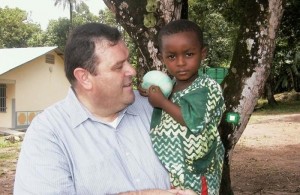 On Saturday 18 July, Pope Francis raised the Saverian Father Natale Paganelli, the apostolic administrator of Mekeni, in Sierra Leone, to the dignity of being a bishop, giving him the titular seat of Gadiaufala.
On Saturday 18 July, Pope Francis raised the Saverian Father Natale Paganelli, the apostolic administrator of Mekeni, in Sierra Leone, to the dignity of being a bishop, giving him the titular seat of Gadiaufala.
Born in Grignano di Brembate, in the diocese of Bergamo, on 24 December 1956, Natale Paganelli, after his primary and secondary studies in local schools (1962-1970), was awarded his high-school diploma in Cremona (1970-1974). He then entered the Saverian theological studentate of Parma where he attended a preliminary course and then completed his studies in philosophy and theology (1975-1981). He took his first vows on 31 August 1975 and made his perpetual profession on 3 December 1979. He was ordained a priest on 25 December 1980 in Parma. After his ordination he spent twenty-years in mission in Mexico before going to Sierra Leone in 2005.
Amongst the many posts he has held, from 1986 to 1992 he was rector of the minor seminary of San Juan del Rio (Mexico) and then Vice-Regional Superior and Regional superior of the Saverians in Mexico.
After moving to Sierra Leone he was a parish priest in Madina, in the diocese of Makeni, and then Regional Superior of the Saverians of Sierra Leone.
Since 2011 he has been apostolic administrator of the diocese of Makeni.
Fr. Natale has for long had connections with the Camillian religious: first he welcomed us, hosted us and supported us in Mexico during the first stages of the community of Guadalajara, and then more recently he welcomed us and supported us in the project of the Camillian Task Force in Sierra Leone against the Ebola virus to help the poor population exhausted by illness and death.
To Fr. Natale go our most sincere best wishes that he may continue to be a pastor following the heart of God and always near to ‘the scent of sheep’.








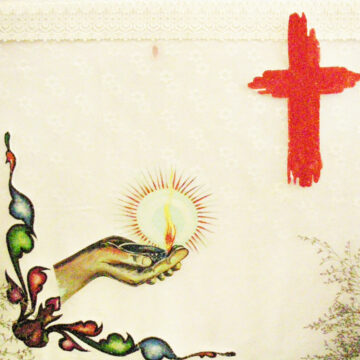
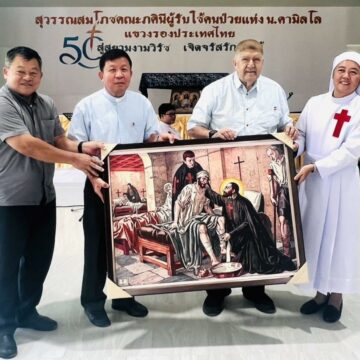
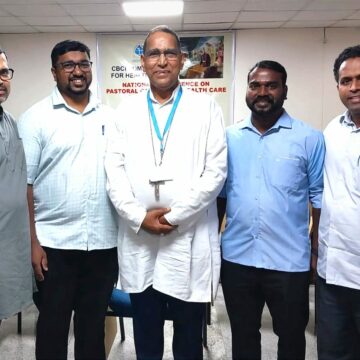


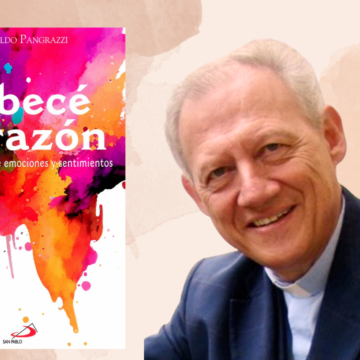
Camillians on Facebook
Camillians on Twitter
Camillians on Instagram